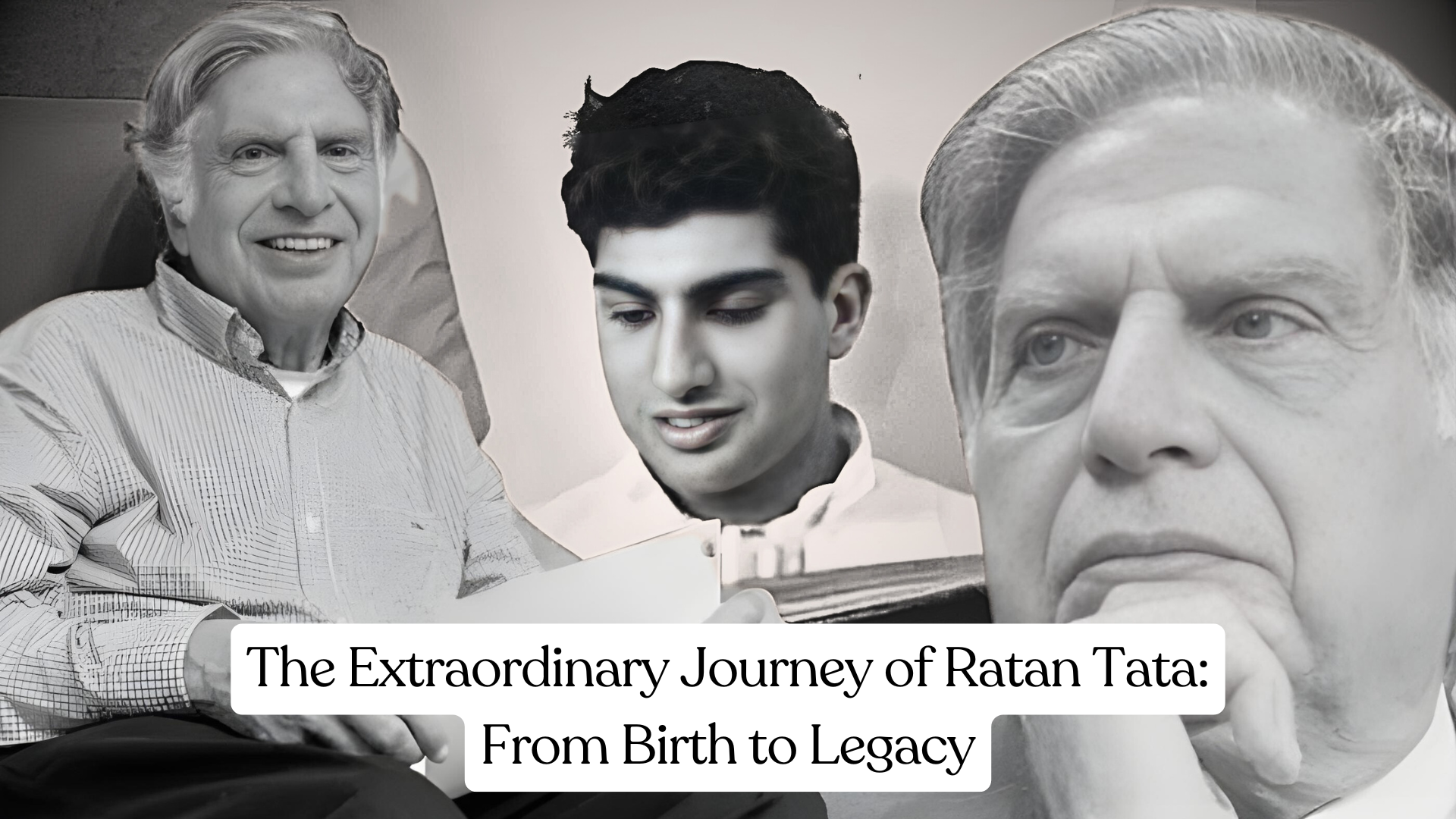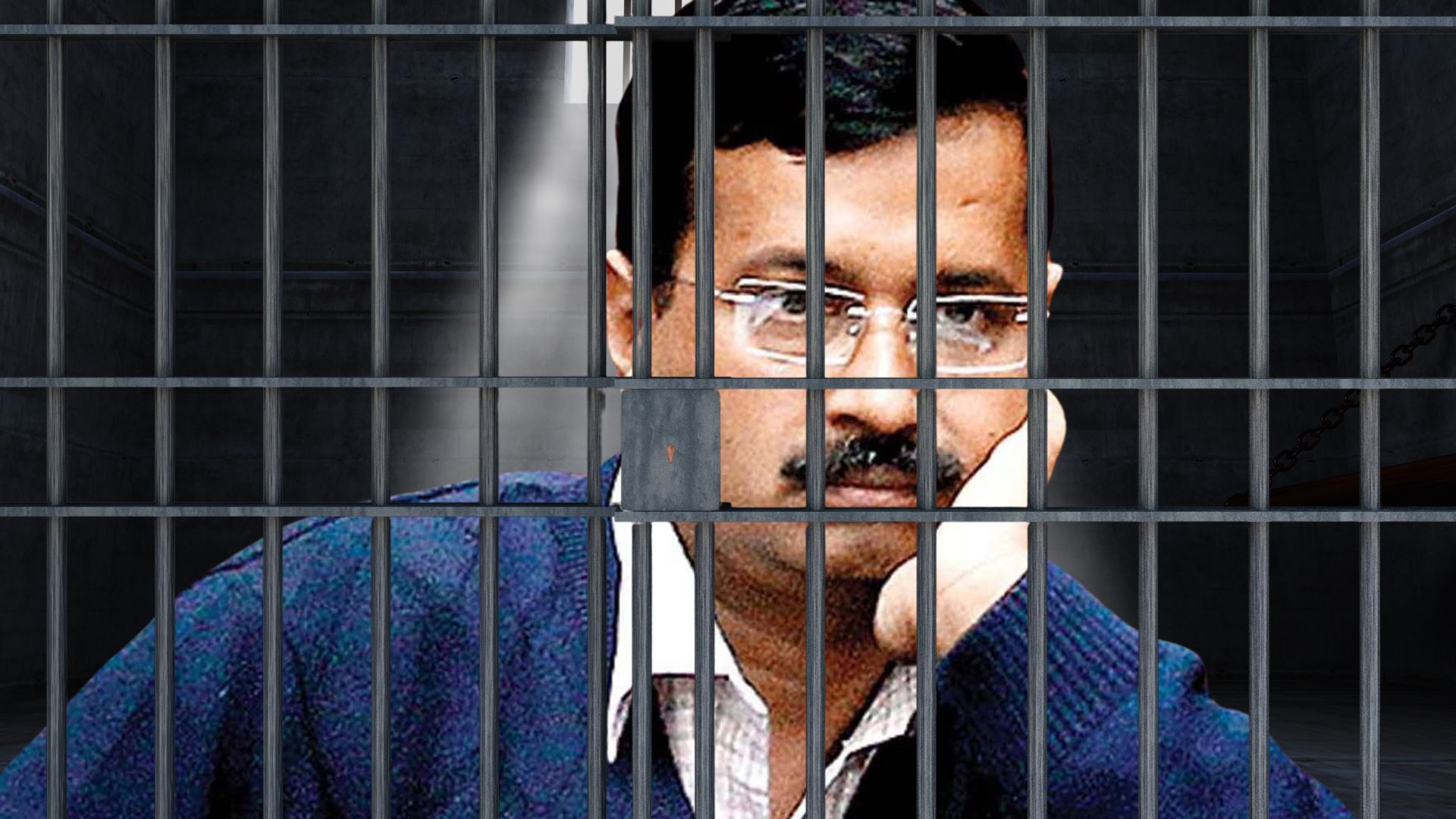Introduction
Ratan Naval Tata, a name synonymous with integrity, innovation, and philanthropy, has left an indelible mark on the world. Born into the illustrious Tata family, Ratan Tata’s life was a tapestry of challenges, triumphs, and unwavering commitment to bettering society. This blog delves into the life of this remarkable man, from his birth to his recent passing, celebrating his legacy and contributions.
Early Life and Education
Ratan Tata was born on December 28, 1937, in Mumbai, India, to Naval Tata and Sooni Tata. His early years were marked by personal challenges, including his parents’ separation when he was just ten years old. Raised by his grandmother, Lady Navajbai Tata, Ratan imbibed values of dignity, humility, and resilience.
He pursued his education at the prestigious Campion School in Mumbai and later at the Cathedral and John Connon School. His academic journey took him to the United States, where he earned a degree in architecture from Cornell University. Despite facing personal hardships, including being ragged at school, Ratan Tata’s determination never wavered.
Early Career and Challenges
Ratan Tata returned to India in 1962 and joined the Tata Group, a conglomerate founded by his great-grandfather, Jamsetji Tata. His early career was not without its struggles. He was sent to work on the shop floor of Tata Steel in Jamshedpur, where he gained invaluable experience and insight into the workings of the company.
In the 1970s, Ratan Tata took over the management of two ailing Tata companies, Nelco and Empress Mills. While he successfully turned around Nelco, his efforts with Empress Mills were less fruitful. These experiences, however, shaped his leadership style and prepared him for future challenges.
Leadership of Tata Group
In 1991, Ratan Tata was appointed the chairman of Tata Sons, the holding company of the Tata Group, succeeding J.R.D. Tata. His appointment was met with skepticism, but Ratan Tata soon proved his mettle. Under his leadership, the Tata Group underwent a significant transformation, expanding its global footprint and diversifying its business interests.
One of his most notable achievements was the acquisition of international brands such as Tetley, Jaguar Land Rover, and Corus. These strategic moves not only elevated the Tata Group’s global presence but also showcased Ratan Tata’s visionary leadership.
Philanthropy and Social Impact
Beyond business, Ratan Tata was deeply committed to philanthropy. He believed in the ethos of giving back to society, a principle that guided his actions throughout his life. The Tata Trusts, under his leadership, funded numerous initiatives in education, healthcare, rural development, and more.
Ratan Tata’s philanthropic efforts extended to disaster relief, animal welfare, and promoting entrepreneurship. His contributions to society earned him numerous accolades, including the Padma Vibhushan, India’s second-highest civilian award.
Personal Life and Legacy
Despite his towering achievements, Ratan Tata remained a private individual. He never married, a decision he attributed to personal circumstances and his commitment to his work. His humility and modesty endeared him to many, making him one of the most respected figures in India and beyond.
Ratan Tata passed away on October 9, 2024, at the age of 86. His death marked the end of an era, but his legacy continues to inspire countless individuals. From his visionary leadership to his philanthropic endeavors, Ratan Tata’s life was a testament to the power of integrity, perseverance, and compassion.
Conclusion
Ratan Tata’s journey from a young boy facing personal challenges to a global business icon is nothing short of inspirational. His life story is a beacon of hope and a reminder that true success lies not just in professional achievements but in making a positive impact on society. As we bid farewell to this extraordinary man, we celebrate his legacy and the countless lives he touched along the way.



